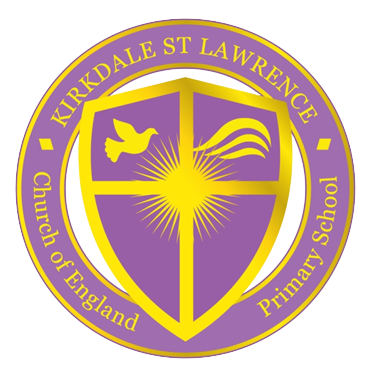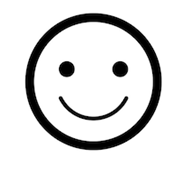Achievement
Marking and Feedback
In school we adopt a secretarial marking approach. The use of code marking makes more productive use of pupils' editing time. Alongside this marking approach, teachers make evaluative notes in their planners which inform next teaching steps and helps to identify pupils needing support in subsequent lessons.
Marking consists of a smiley face, straight face or a sad face which provides feedback on achievement of the learning objective, and a number 1, 2 or 3 which provides feedback on behaviour for learning and effort in lesson time.
|
|
|
|
|
Learning objective achieved |
Working towards achieving learning objective |
I need more help to achieve the learning objective |
|
1 |
2 |
3 |
|
Outstanding |
Good |
Needs to be improved |
Teachers include code marking:
|
✓ |
Correct |
|
● |
Incorrect |
|
g |
Grammatical error |
|
p |
Punctuation error |
|
sp |
Spelling error |
|
// |
New paragraph needed |
Monitoring of Teaching and Learning
Monitoring of teaching and learning takes many forms in school including book looks, which take place regularly throughout the year; lesson observations, as part of the staff performance management process, as well as SLT and subject leaders conducting regular learning walks and pupil voice questionnaires.
Data collection points and Pupil Progress Meetings
Attainment data (in all subjects) is collected at two points within the school year. This data is then discussed in Pupil Progress Meetings, again twice yearly, with class teachers. These meetings are attended by the Assessment and Pupil Progress Lead, Headteacher and SENDCO where pupil attainment is discussed and areas for concern are addressed and actions put in place.



